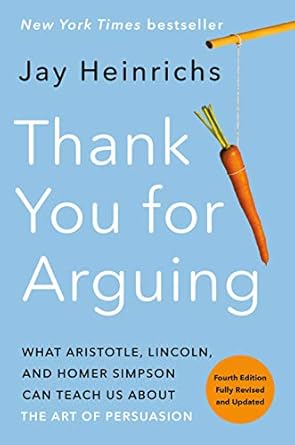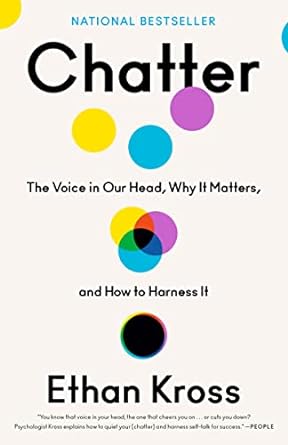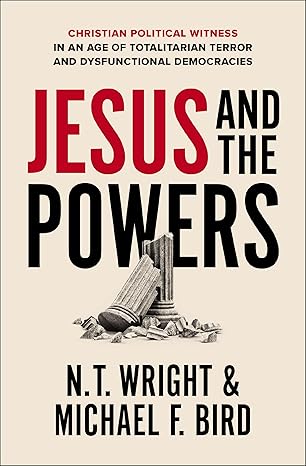
The Soul Winner (Updated, Annotated)
As an individual, you may ask, How can I, an average person, do anything to reach the lost? Or if a pastor, you may be discouraged and feel ineffective with your congregation, much less the world. Or perhaps you don't yet have a heart for the lost. Whatever your excuse, it’s time to change. Overcome yourself and learn to make a difference in your church and the world around you. It’s time to become an effective soul winner for Christ.
As Christians, our main business is to win souls. But, in Spurgeon's own words, "like shoeing-smiths, we need to know a great many things. Just as the smith must know about horses and how to make shoes for them, so we must know about souls and how to win them for Christ." Learn about souls, and how to win them, from one of the most acclaimed soul winners of all time.
In this book, Charles Spurgeon discusses:
The role of conviction
The need for holiness in the soul winner
Why simplicity is more effective
How to be interesting
How to pray for the lost
How to deal with failure
The role of discipleship
How to engage others to help
BEST DEALS
About the Author
Charles Haddon Spurgeon (19 June 1834[1] – 31 January 1892) was an English Particular Baptist preacher.
Spurgeon remains highly influential among Christians of various denominations, among whom he is known as the "Prince of Preachers". He was a strong figure in the Reformed Baptist tradition, defending the 1689 London Baptist Confession of Faith, and opposing the liberal and pragmatic theological tendencies in the church of his day.
Spurgeon was pastor of the congregation of the New Park Street Chapel (later the Metropolitan Tabernacle) in London for 38 years.
While at the Metropolitan Tabernacle he built an Almshouse, the Stockwell Orphanage and encouraged his congregation to engage actively with the poor of Victorian London. He also founded Spurgeon's College, which was named after him posthumously.
Spurgeon authored sermons, an autobiography, commentaries, books on prayer, devotionals, magazines, poetry, and hymns.Many sermons were transcribed as he spoke and were translated into many languages during his lifetime. He is said to have produced powerful sermons of penetrating thought and precise exposition. His oratory skills are said to have held his listeners spellbound in the Metropolitan Tabernacle, and many Christians hold his writings in exceptionally high regard among devotional literature.












